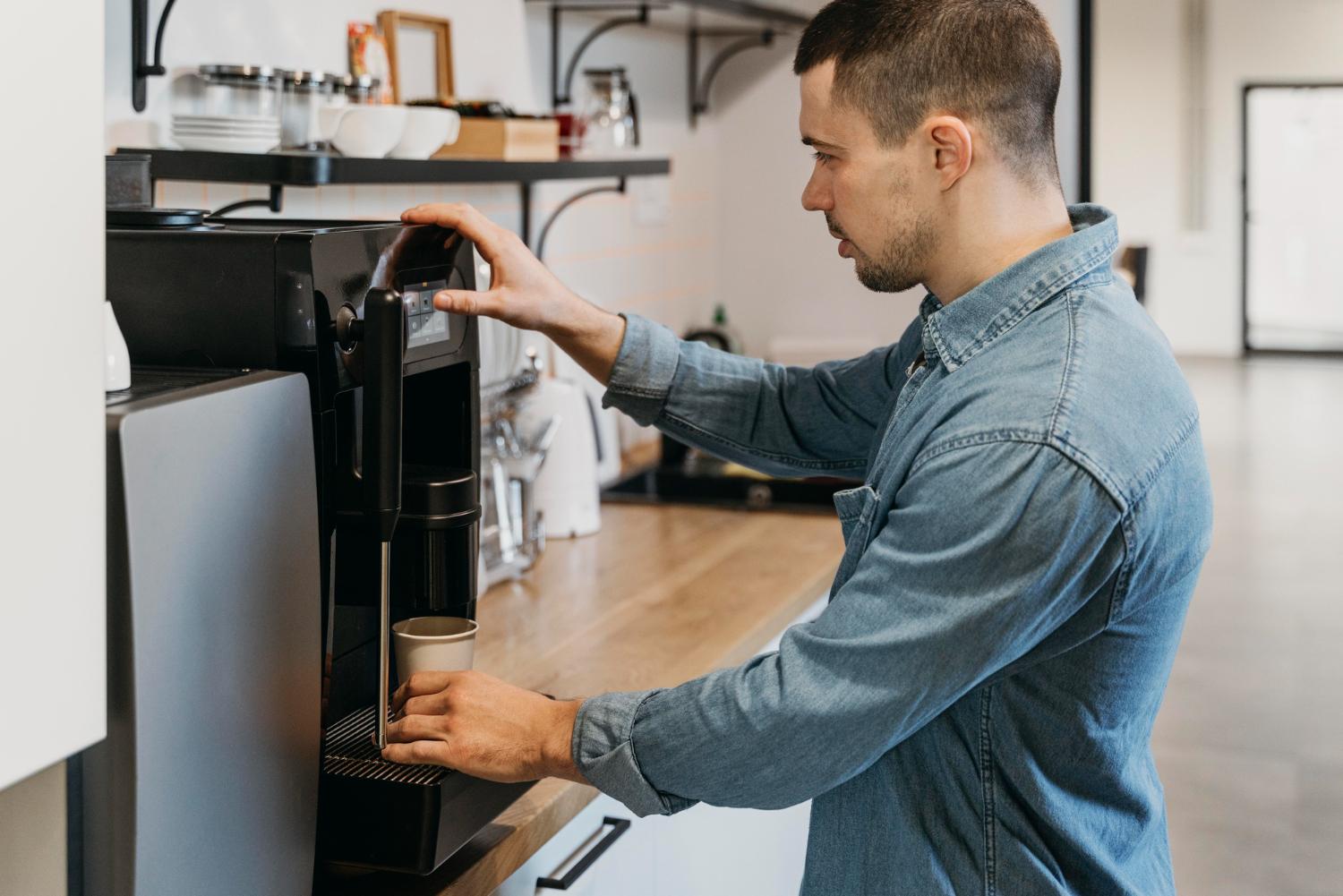DeLonghi coffee machines and appliances are known for their performance and reliability, but like any precision device, they occasionally require professional attention. Knowing when to call a DeLonghi service center, rather than relying on DIY fixes, can save you time, money, and future frustration.
Below are key scenarios where expert intervention is not just recommended but essential.
Persistent Leaks from the Machine Base
A minor drip can often be due to a loose part, but persistent leaking, especially from underneath the unit, suggests internal seals or hoses may be compromised. Continuing to use the machine in this state risks electrical damage or further deterioration of key components.
Inconsistent Temperature or Lukewarm Coffee
If your coffee isn’t coming out hot enough, the heating element or thermostat could be malfunctioning. These internal systems require specialist diagnostics. Attempting to repair or replace heating components without the right tools can lead to voided warranties or damage to the machine’s electronics.
Unusual Noises During Operation
Grinding, rattling, or screeching sounds are not part of normal function. These noises could indicate a worn-out pump, clogged brew unit, or grinding burrs that need realignment. A technician can safely disassemble and recalibrate the internal mechanisms to restore quiet and smooth performance.
Descaling Errors That Keep Reappearing
If your machine constantly requests descaling even after a full cycle, the issue could lie in the sensor, firmware, or internal limescale build up that descaling solutions aren’t fully addressing. Only a professional service can flush out deep residue or update internal software settings correctly.
Water Tank Not Recognised by the System
Modern DeLonghi coffee machines often feature water level sensors or smart recognition technology. If your machine won’t detect the water tank, the problem might be a faulty sensor or internal circuit issue, not something resolved with a clean or reset. A trained technician can diagnose and replace damaged modules.
Loss of Pressure in Extraction
Low pressure leads to weak or sour espresso. This could point to a blocked solenoid valve, pump issues, or even fine coffee grounds clogging the system. Rather than blindly disassembling parts, technicians use pressure tests to isolate and fix the cause precisely.
Machine Fails to Power On
If the unit won’t turn on, check the outlet and fuse, but don’t open the unit yourself. Power issues could stem from motherboard faults or electrical surges. Certified repair centres are trained to handle these safely, often retaining warranty validity in the process.
When it comes to maintaining your appliance’s lifespan and performance, knowing when to stop troubleshooting and call a delonghi service center is key. Timely expert help can prevent small issues from escalating into costly replacements.



